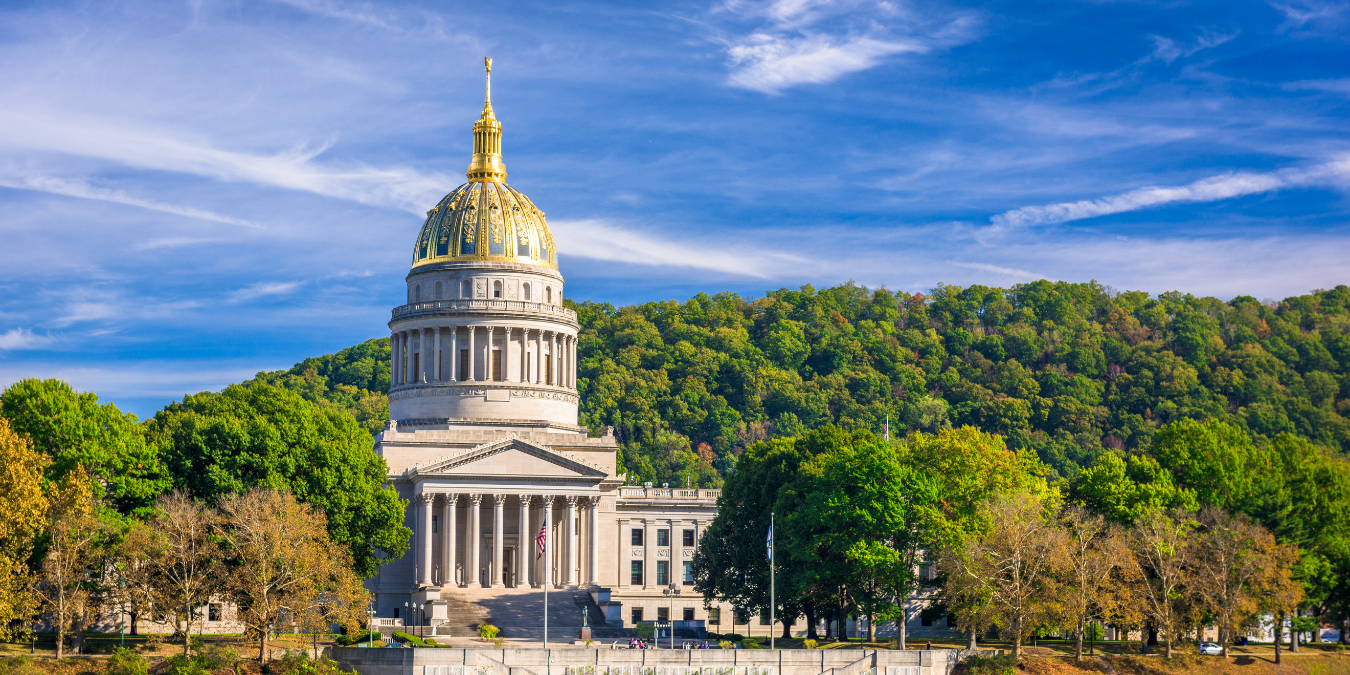By Luanne McGovern
The 87th West Virginia legislature went out with a whimper on March 9, 2024. After introducing over 2,500 bills, a mere 279 bills were passed, a dismal 11 percent. Most of the especially bad social issues bills, which consumed untold hours of Legislators’ time, died in the final hours. While this may be cause for celebration, it also highlights how little progress was made addressing the real problems that West Virginians face.
Our three main focus areas for 2024—Net Metering, Community Solar and Orphaned Gas Wells—made no progress this year. While good bills were introduced in both Houses, the coal, oil and gas interests were effective in making sure they went nowhere. Almost every single bill that concerned renewable energy was stopped in committee. This was especially true of the House Energy Committee, where good bills go to die.
The lone renewable energy bill that was passed (HB 5528) would have allowed commercial renewable energy facilities to have capacities up to 100 MW. The bill, passed with large support in both Houses, was subsequently vetoed by the Governor. In a quote, Justice said: “It is very important that we are careful not to cripple our great coal-fired energy industry.” This is in a state that relies on coal for over 90 percent of its energy production.
On the “positive” side, several really bad environmental bills were defeated, thanks to your support and advocacy.
- SB 688 would have allowed timbering in state parks under the guise of preventing wildfires. After passing the Senate, the public outcry and advocacy from across the entire state caused the bill to die in the House.
- HB 5018 would have restricted how citizen air monitoring data could be used against polluters. After much debate in the House, it was not taken up by the Senate.
- SB 618 would have centralized all forest carbon capture agreements under state control, taking away landowners’ rights to engage in private carbon agreements. It, too, was passed by the Senate but was stopped in the House.
Another cause for celebration is that the Senate Outdoor Recreation Committee, chaired by Senator Maynard, was especially ineffective this year. In total, the committee held six meetings, considered six bills (none of which passed), and received three presentations. I suppose we should be thankful for the low level of activity since fewer bad outcomes can happen that way.
Thanks again for all your calls, emails, and support during the 2024 legislative session. Your voice is being heard in Charleston. Please get out and VOTE!

